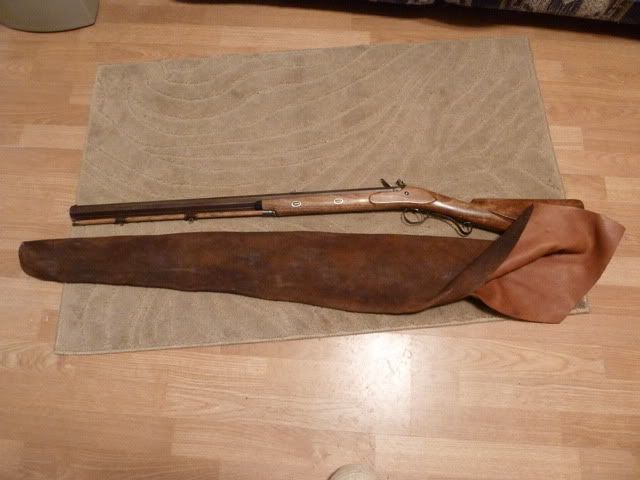DanHirschberg
32 Cal.
- Joined
- Jan 21, 2014
- Messages
- 18
- Reaction score
- 0
So the scientist in me is interested to know, what do people here think of varying atmospheric conditions, and the effect, on their rifles? I live in Alaska, though in the next two years I will move to Washington state, hopefully out on the Olypmic Peninsula. Here in AK the moisture I doubt (unless current conditions prevail) will be as much of an issue of frozen cold conditions. Have any of you noticed that powder burns differently? Caps fail to fire? Bore conditions change? I'm determined to be an effective hunter using these older rifles; it's not like heading out with a 7mm or .30-06 and being fairly well certain you will not have to worry about weather. I'm curious as to what this factor has for an effect upon fire. Thanks Fellas.






